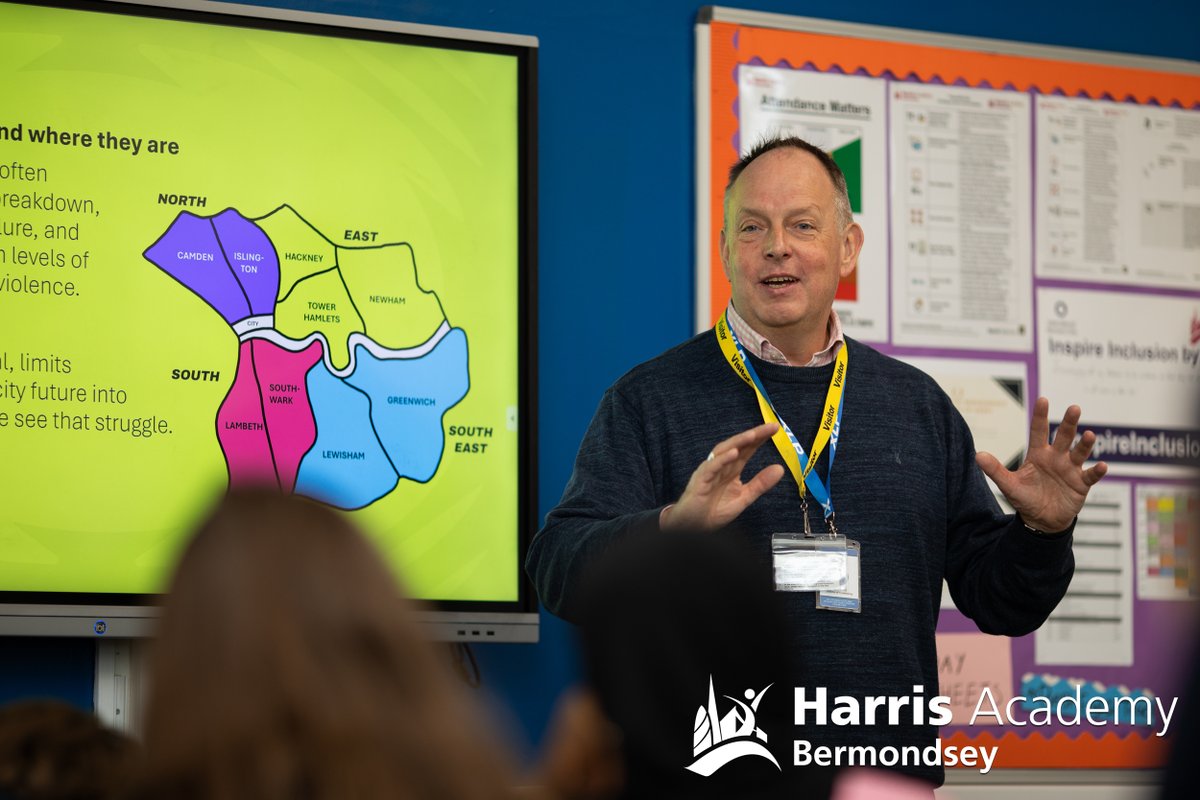History
The History curriculum at HAB has been carefully designed to ensure students gain the following.
- A strong sense of historical period, historical figures, trends, contexts and events engendered through a largely chronological approach to the curriculum
- The ability to retain a substantial body of knowledge. This will partly be achieved through pedagogical techniques such as 'low-stakes testing' of key facts. However, it will also be achieved by careful, cumulative curricular thinking in order to develop students’ understanding and add accuracy, depth and complexity to key historical concepts such as ‘democracy’ or ‘power’. For example, students who are introduced to ancient versions of democracy later look at the lack of democracy leading to the War of the Three Kingdoms, and add further nuance by looking at protest groups such as the Chartists and women’s suffrage.
- A disciplinary knowledge of history where students understand the subject-specific language historians use. This will help them discuss concepts such as causation or change over time, and feel that by studying history they are joining communities of hsitorians. They will learn to work like a historian by examining sources of evidence and become familiar with historical arguments and interpretations.
This approach will ensure students develop and retain a rich, deep and wide knowledge of the past. Their history education will contribute to their possession of powerful knowledge that welcomes them into the academic discipline of History but also helps students become ‘culturally literate’.
A key aim of the HAB History curriculum is to challenge and re-examine traditional narratives, and give students the opportunity to learn about histories other than the traditional canon of British historical education. The curriculum is therefore a vehicle to promote social justice and the common values of diversity, tolerance, equality and democracy.
Students will study histories that are both represenative and diverse. History education will provide HAB students with the contextual understanding to be prepared for participation in a modern, democratic society, whilst also meaning that they move beyond their own experience and challenge what they know through the rigorous examination of historical evidence.
The curiculum will also prepare students to communicate and debate effectively in a variety of ways, primarily verbally, and also write longer written answers that evaluate, judge and argue key historical issues. Our subject specialist team will consistently and regularly review what is being taught and how to guarantee that our students have access to the most reliable knowledge, through teachers’ ongoing dialogue with universities, research and subject associations.
The progression model for all years can be downloaded below.
Documents
| History Progression Model 2024 25 | Download |























